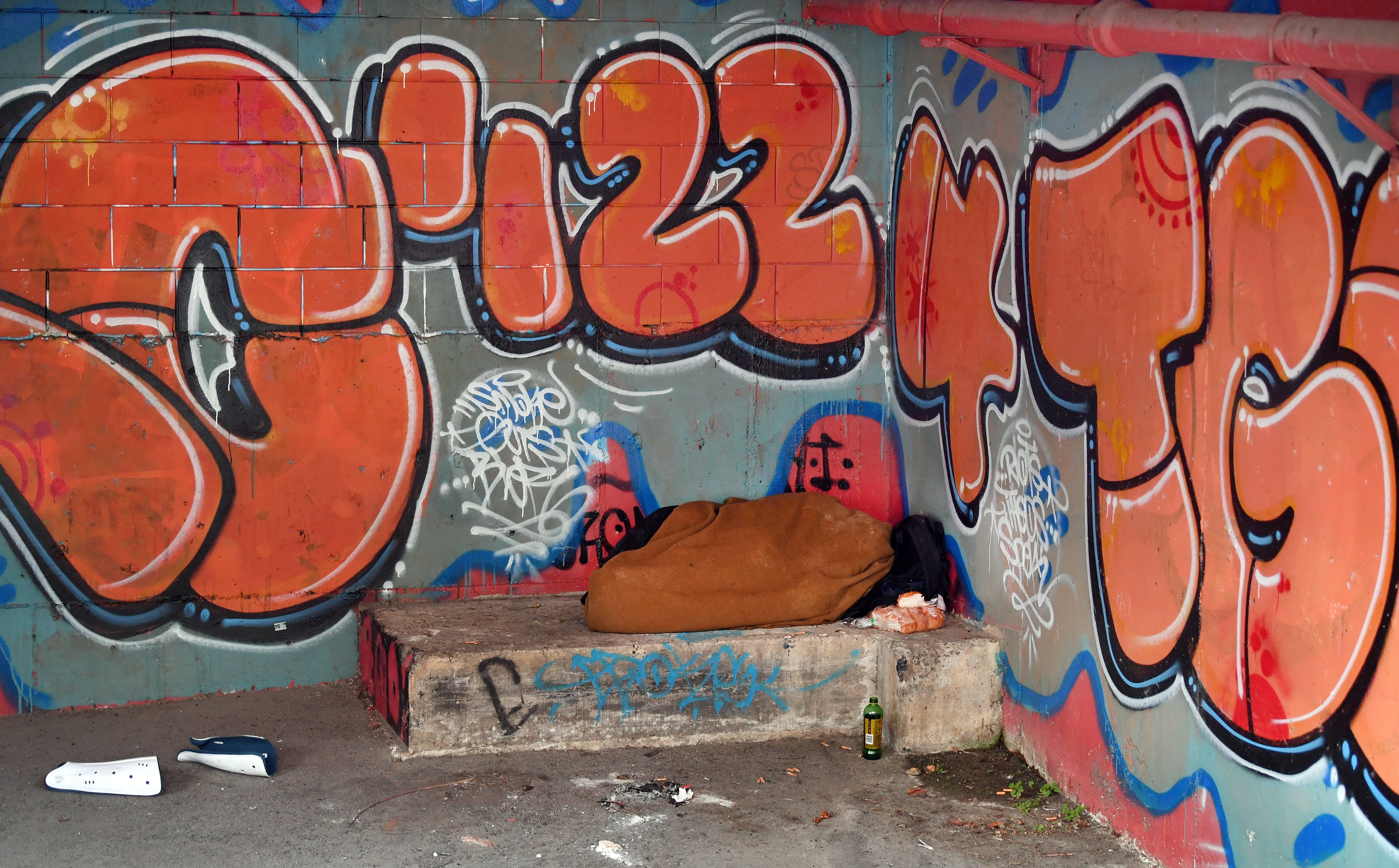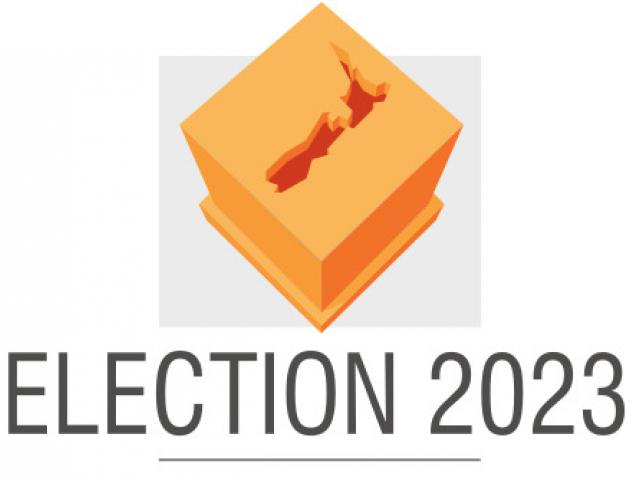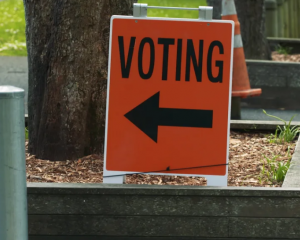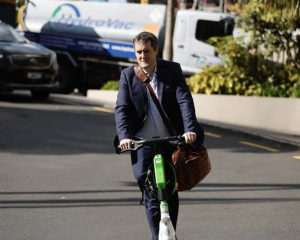
"Grappling homelessness is partly about building more houses leading to long-term durable outcomes, but also connected social services," he said in response to questions prompted by the Houses of Horror investigation by the Otago Daily Times.
"Taking someone who has been living rough and just plonking them into a house is not going to lead to a sustainable outcome for them in many cases, because they need other support as well."
Commenting on Dunedin’s homelessness crisis - estimated at 1500 people or more - and the city’s multi-agency efforts to tackle it, Mr Hipkins talked about the importance of progressive provision of state homes, describing it as "the plan to catch up".
A further 93 Kainga Ora homes will be built in the city by next July.
Mr Hipkins also cited "models we have been trialling and investing in" for homeless people that provide both housing and support, saying the models "are working" .
One example applauded by Mr Hipkins was Greys Ave, in central Auckland, a partnership development that provides "supported housing" including on-site healthcare, counselling, budgeting and other services to help people progress to stable and productive lives.
The development was an outcome of the government’s Aotearoa Homelessness Action Plan.
"This is not apartment-style living," Mr Hipkins said.
"It is accommodation deliberately designed for people who have been living rough, with their needs in mind."
He talked about the importance of homeless people being given private rooms within supported housing that felt "safe and comfortable", as well as communal spaces for eating and other functions such as laundry.
The ODT challenged Mr Hipkins about Dunedin’s boarding houses and their dangerous living conditions and lack of regulation.
Boarding houses were not required to meet new government standards for emergency accommodation unless registered with government as a provider.

Typically, motels register, not boarding houses.
The ODT also explained to Mr Hipkins the government’s national audit of boarding houses this year failed to capture information about Dunedin’s boarding houses.
The audit was limited to three-storey buildings and only one was reported.
Mr Hipkins said the fatal fire at Loafers Lodge in Wellington - in which five homeless people died - was a "real wake-up call around boarding house regulatory standards" and there was a need to "tighten up".
The findings of the boarding house review, despite being limited in scope, would nonetheless "give us lessons", he said.
Advertisement













